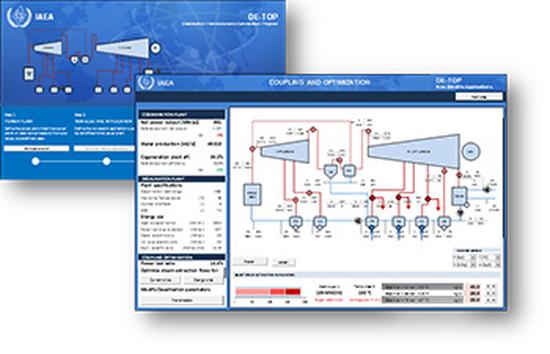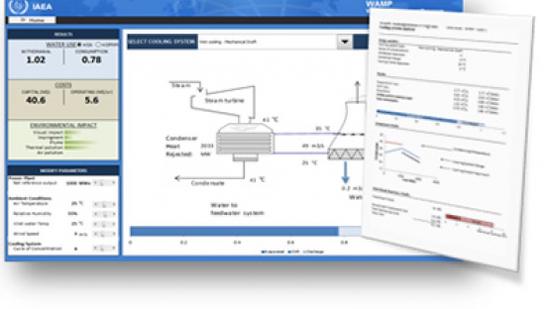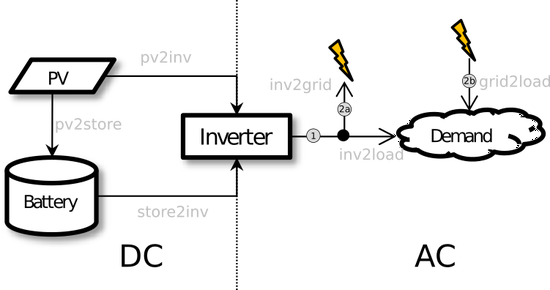I am an engineer working in the science and policy interface with a broad knowledge in energy technologies. My research interests include energy system analysis, process analysis and design, and data science application. I have demonstrated my strong analytical, modelling and problem-solving capabilities in numerous scientific publications and development of scientific software. I am a pleasant and open person to work with. I enjoy following the latest technological developments and how they are affecting the world we live in.
- Energy modelling and system analysis
- Heating and cooling
- Renewables and energy efficiency
- Data science application
- Physical Unit operations
- Technoeconomics of energy technologies
- Process and system analysis and design
PhD in Chemical Engineering, 2012
National Technical University of Athens
Diploma in Chemical Engineering, 2005
National Technical University of Athens
Experience
- Chief power sector modeller in PRIMES energy system model
- Lead a team of 6 modellers and energy analysts
- Power market analysis (wholesale and retail markets, renewable PPAs etc)
- EU-wide, regional or country specific energy transition scenarios
Scientific and technical research on clean energy systems; techno-economic analysis; modelling and studies on various energy system technologies and policies
- Prepare and implement scientific research, analyses and studies.
- Use, update and maintain various energy and power system models and data
- Monitor, analyse and report - regularly and in timely fashion the role of heating and cooling in EU internal market
- Perform energy and climate data management and analysis
- Advise policy officers on ad-hoc issues for implementing and updating the Energy Efficiency and Renewable Energy Directive.
- Energy audits (industry, hospitals)
- Feasibility studies for installation of mid scale cogeneration plants.
- Techno-economic assessment of high-technology equipment. Licensing procedures for 3299/04 investment law.
- Consultant on various ‘European Operational Programme: Information Society’ projects
- Minor shareholder in 2 photovoltaic investment companies with a total portfolio of licensed capacity of 17 MWp. Plant design, techno-economical feasibility, environmental impact studies. Conduct all necessary licensing procedures.
- Internships: UNILEVER - ELAIS S.A. (2004); Foundry HALCOR S.A (2004); Copper Tubes HALCOR S.A (2003)
Recent Publications
2000 citations and I have an h-index of 22 according to Google Scholar.
Quickly discover relevant content by filtering publications.Scientific software

Enlopy
enlopy is an open source python library with methods to generate, process, analyze, and plot energy related timeseries. While it can be used for any kind of data it has a strong focus on those that are related with energy i.
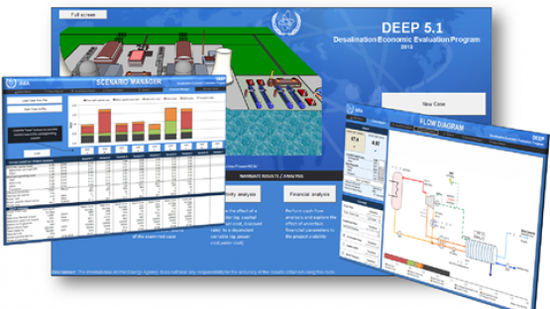
DEEP
DEEP can be used for performance and cost evaluation of various power and seawater desalination co-generation configurations. DEEP is suitable for comparison analysis among different plant types (steam, gas, combined cycle and heat only plants), different fuels (nuclear, oil, coal) and various desalination options including Multi-Effect Distillation (MED), Multi-Stage Flash (MSF), Reverse Osmosis (RO) and hybrid options.
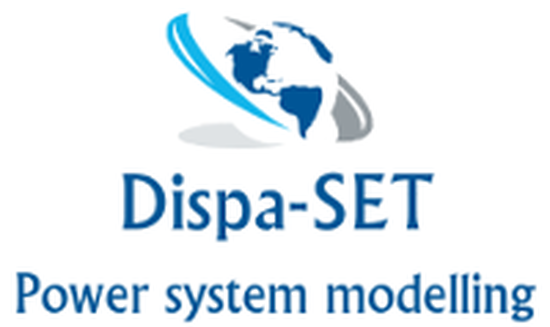
Dispa-SET
The Dispa-SET model is an open-source unit commitment and optimal dispatch model developed at the JRC. It focuses on the balancing and flexibility problems in the European power system. It is written in GAMS with advanced input/output data handling and visualization routines in Python.
